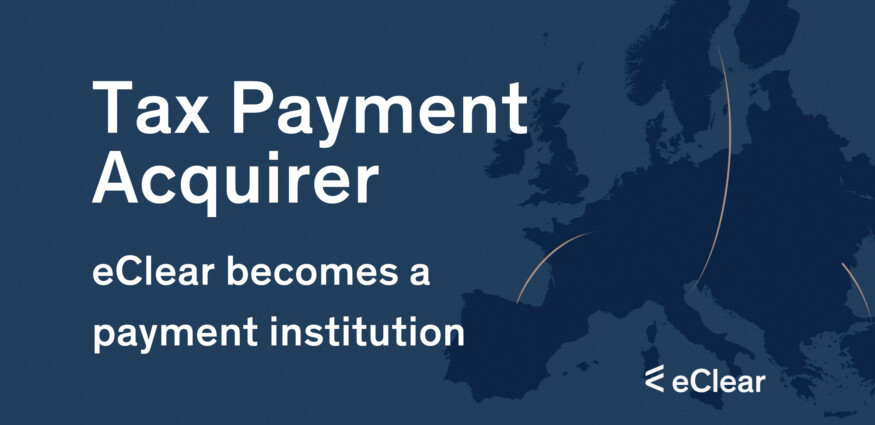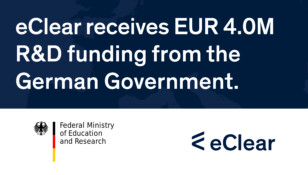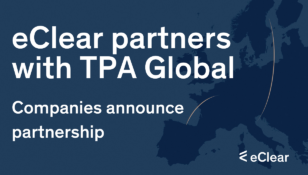Berlin-based tax technology specialist eClear AG has been granted a licence to provide payment services by the German Federal Financial Supervisory Authority (BaFin). The licence is valid for the whole of Europe during so-called passporting.
eClear specialises in clearing VAT from cross-border B2C and D2C transactions in online trade. Thanks to the BaFin licence, the company can now process the Europe-wide payment transactions of online merchants and thus independently pay the VAT. The role of the “tax payment acquirer” is a novelty in Europe. The company takes over collecting the money from the end consumers. It pays the VAT directly to the responsible tax authorities abroad. In this context, eClear is liable for the correctness of the VAT calculation and the amounts owed to the tax authorities.
„The ZAG licence is an essential milestone for eClear, which further differentiates us from conventional VAT compliance providers on the market and strengthens our trust network.“
The advantage of processing transactions via eClear is that e-commerce merchants do not have to register for VAT in the destination countries, nor do they have to file a tax return or comply with the mandatory tax rules. The concept of automated VAT clearance in cross-border B2C transactions is entirely new.
“The ZAG (German Payment Services Supervision Act) licence is an important milestone for eClear, which further differentiates us from conventional VAT compliance providers on the market and strengthens our trust network. For example, eClear is now the first payment institution in Europe to take over the calculation, collection, and settlement of transactional taxes in a fully automated manner, i.e. ‘end-to-end’ for merchants,” says Anne-Katrin Gewohn, the responsible Chief Risk Officer.
„As a payment institution, we can offer our customers additional services to enable their cross-border growth.“
“eClear transforms the way VAT and customs are handled,” says Roman Maria Koidl, founder and CEO of the company. “With our innovative automation solutions, merchants overcome the complexity of transactional taxes in Europe and accelerate their cross-border B2C and D2C business. As a payment institution, we can offer our customers additional services to enable their cross-border growth.”







